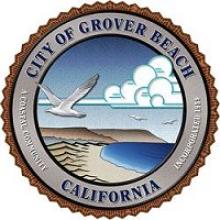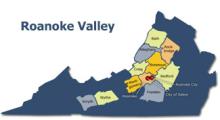Bozeman's Public-Private Approach In-Depth - Community Broadband Bits Podcast 142

In Montana, local businesses and the city of Bozeman have been working on a public-private partnership approach to expanding Internet access that is likely to involve the city building an open access fiber network. We discuss their approach this week with Brit Fontenot, Economic Development Director for the city of Bozeman; David Fine, Bozeman Economic Development Specialist; and the President of Hoplite Industries, Anthony Cochenour.
Bozeman has long been known as a city with opportunities for outdoor activities but it also has a significant tech presence though like nearly every other community in the United States, many recognize the need for more investment in better options for connectivity. A group of citizens, local businesses, and city staff have been examining their options, how they might finance it, and how to encourage the existing providers to work with them in improving Internet access.
This show is 22 minutes long and can be played on this page or via Apple Podcasts or the tool of your choice using this feed.
Transcript below.
We want your feedback and suggestions for the show-please e-mail us or leave a comment below.
Listen to other episodes here or view all episodes in our index. See other podcasts from the Institute for Local Self-Reliance here.
Thanks to Persson for the music, licensed using Creative Commons. The song is "Blues walk."






